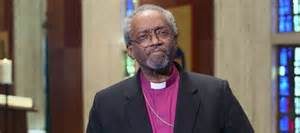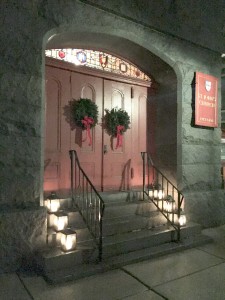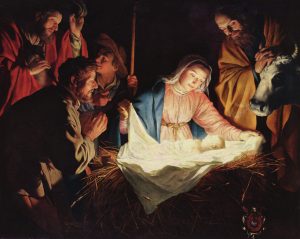
There is a river whose streams make glad the city of God. Psalm 46:4
Dear Friends,
Down below, at the bottom of this newsletter, you will read of the efforts being made to ensure that the dirt basements “down below” us stay dry and free from any accumulation of water. For years, after heavy rains and wet seasons, there have been occasions when streams of water have been running beneath us. Not good, as everyone knows, for the general health of the buildings – or for those who work and worship in them!
I’m grateful for these efforts, but it made me think about the fact that upstairs, in our classrooms and in our church, we are seeking to do quite the opposite – seeking to increase the flow. It’s not water that we are seeking (unless you consider the waters of baptism). Rather, we want to create channels for grace – the means by which we can experience more fully the abundant and outpouring love of God.
Channels for a river of grace: we create them every time we introduce a parable or biblical figure to our children in Living the Good News or Godly Play classes. In the Word spoken, we hear afresh the Spirit speaking to us, and we are changed.
We create riverbeds for God’s grace every time we lift our voices in song, or listen to one of our choirs offer an anthem. “The one who sings, prays twice,” St. Augustine once wrote. How many times has a moving piece of music enabled us to hear and glimpse God’s beauty in a new or deeper way?
Every time we celebrate Holy Communion, we receive the grace of God – the church traditionally refers to the sacraments as “means of grace.” I love the way my Eucharistic theology professor spoke of what happens at communion: “The miracle at the altar is not so much that bread and wine are transformed into the body and blood of Christ, but that ordinary human beings like you and me are being transformed into the living body of Christ,” – and, I might add, being nourished to go from the altar to go out into the world and to act in love.
This Sunday, we will be introducing one more means of grace: the sacrament of healing. If you wish to have prayers of healing for yourself, or for another, after receiving communion you may proceed to the back of the church (on the organ side). One of our priests will ask for your prayer intention, and then pray with you, anointing you with the healing oil that was consecrated by Bishop Gates at our anniversary service.
We are introducing this sacramental act on this Second Sunday of Advent. During Epiphany, it will be offered twice a month, and then during the seasons of Lent and Easter, it will be offered each Sunday.
I am praying for no more rivers in our basement. And I am praying for more and more rivers upstairs where we want to see them – in our classrooms, in our church, and in our lives.
Faithfully in Christ,
Tom





